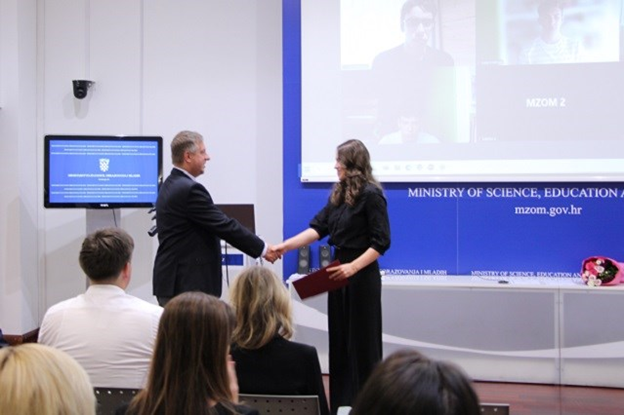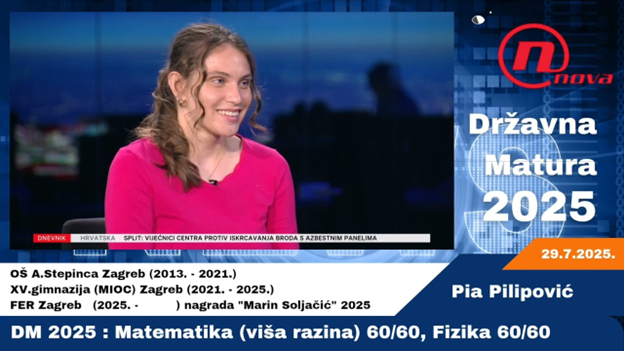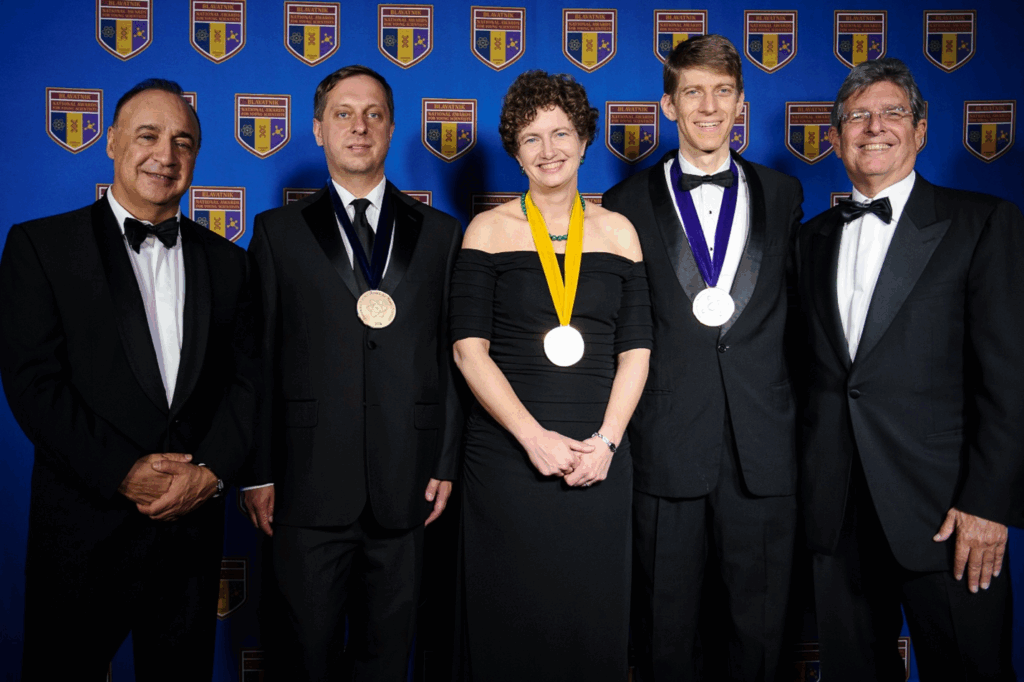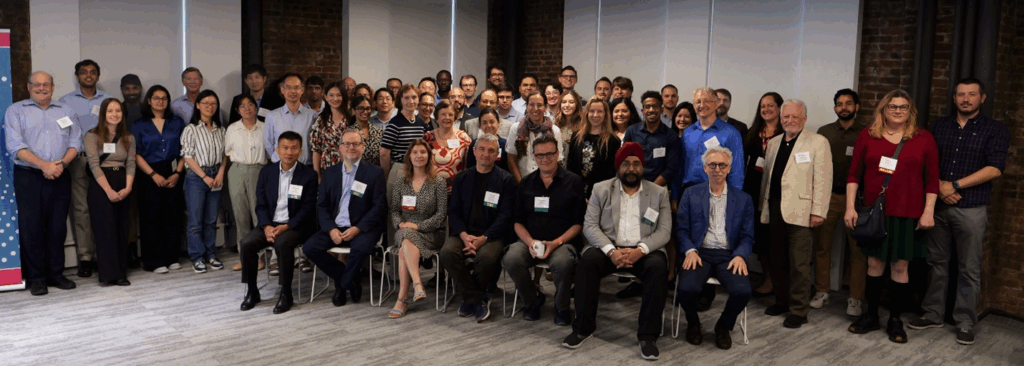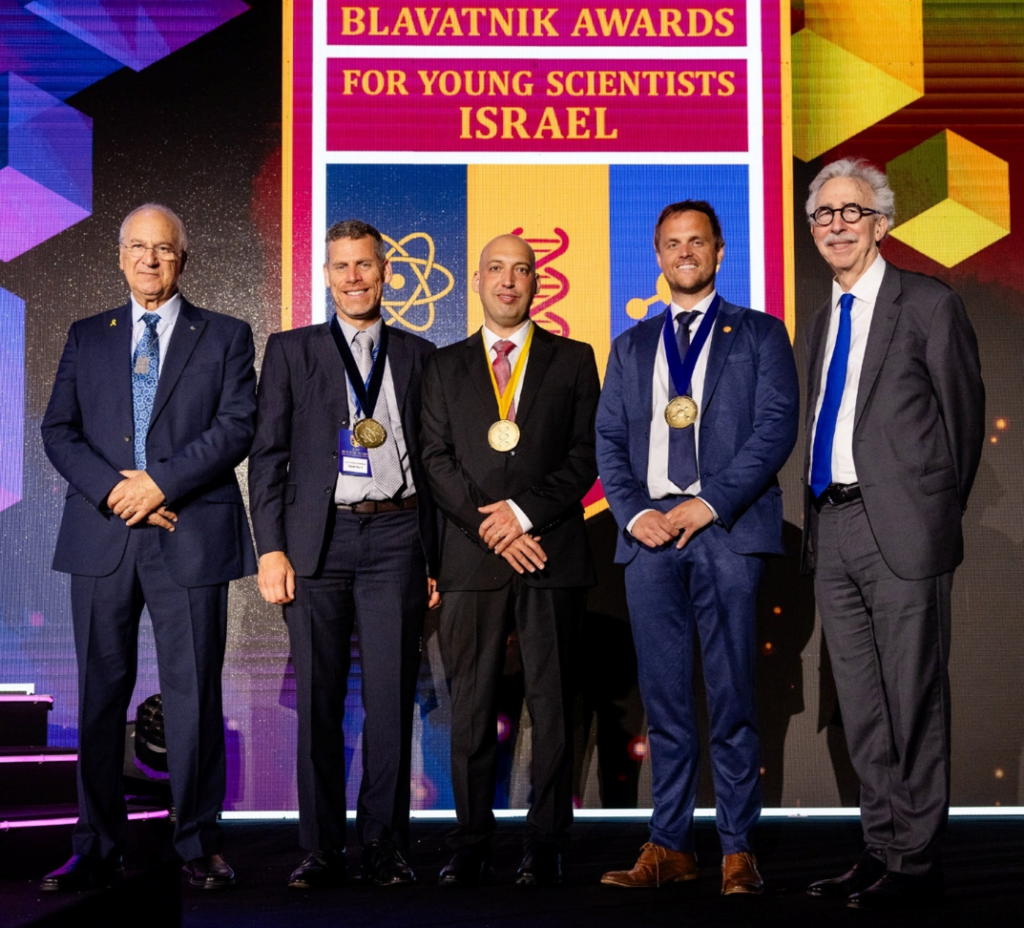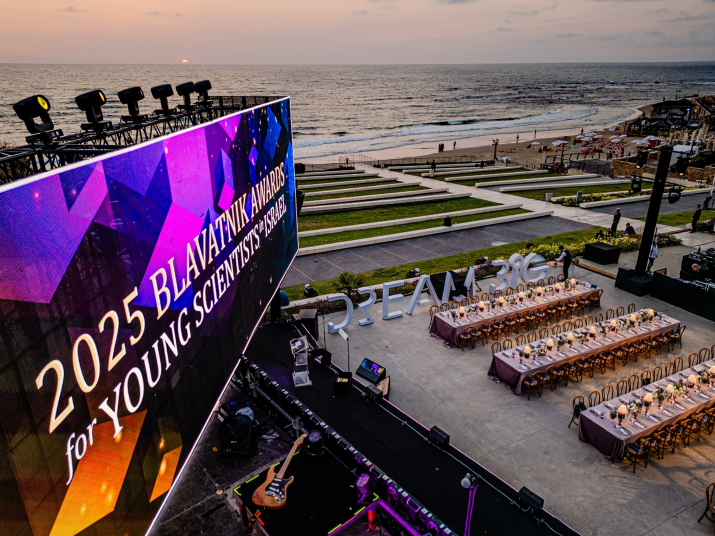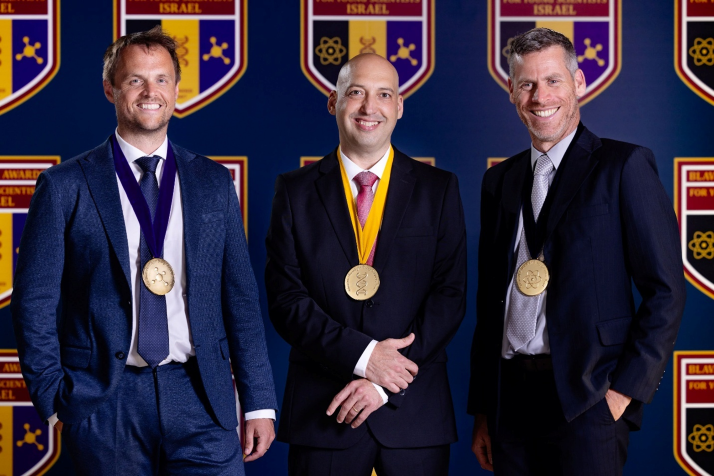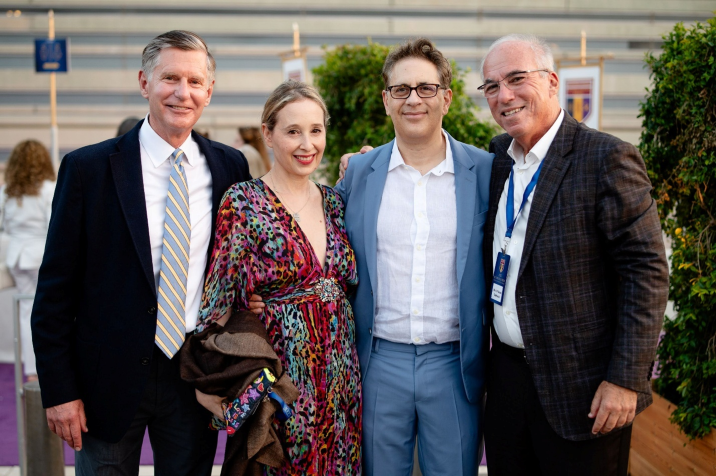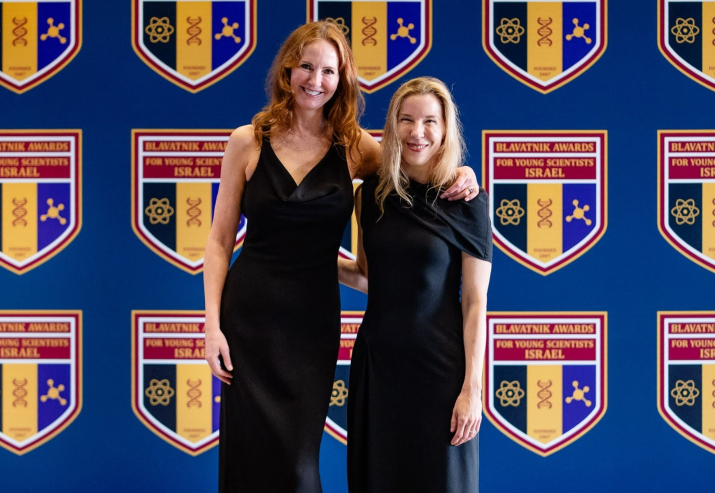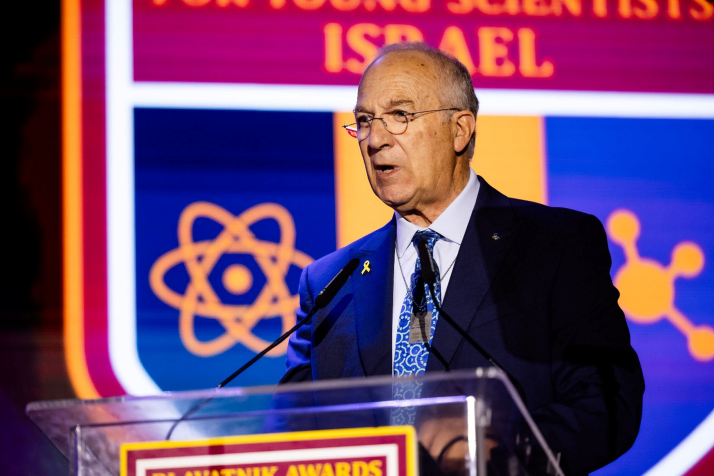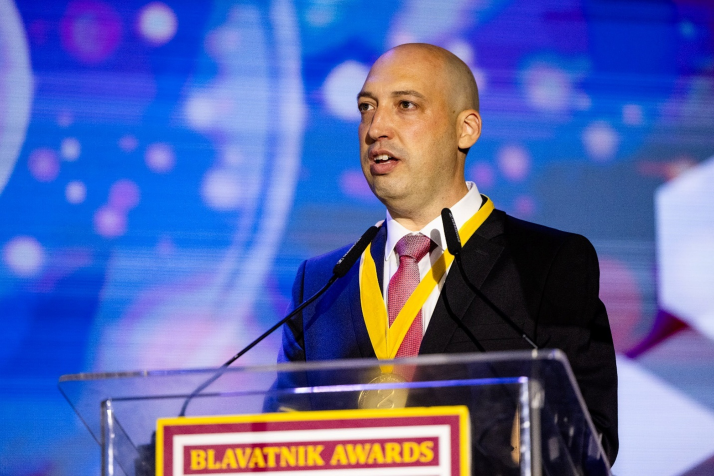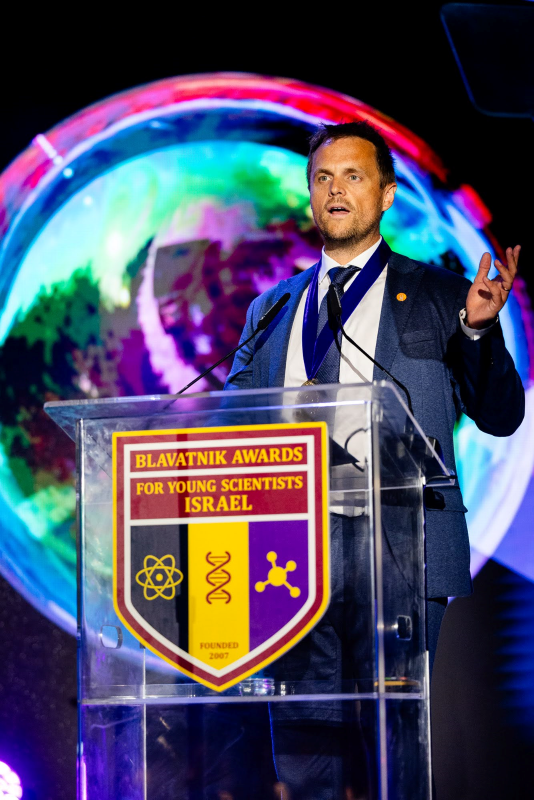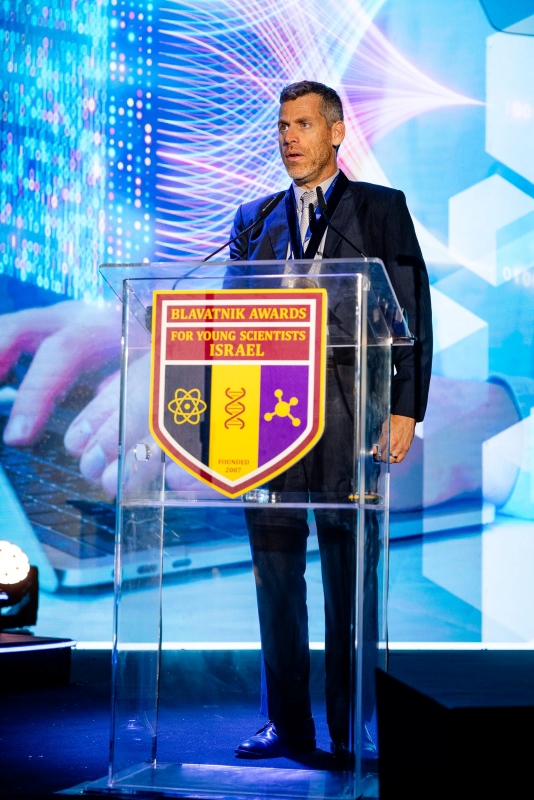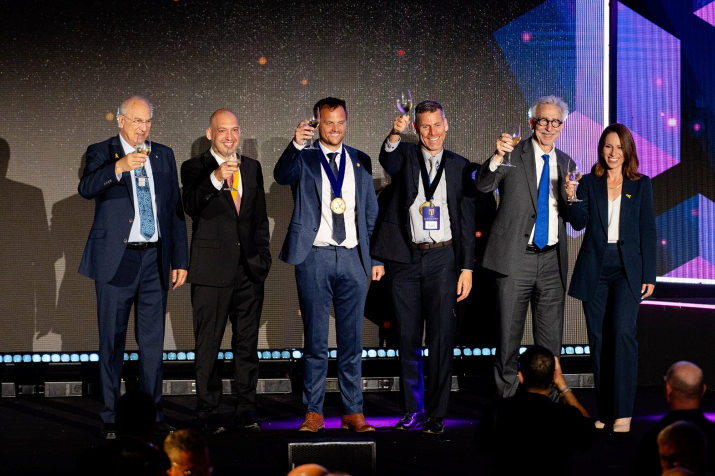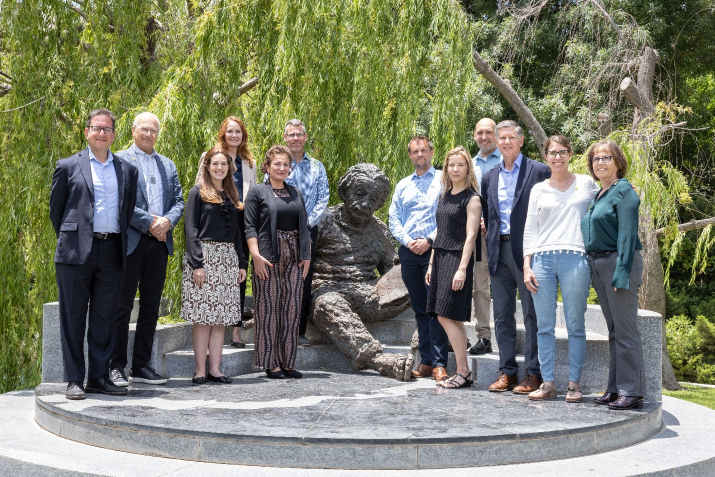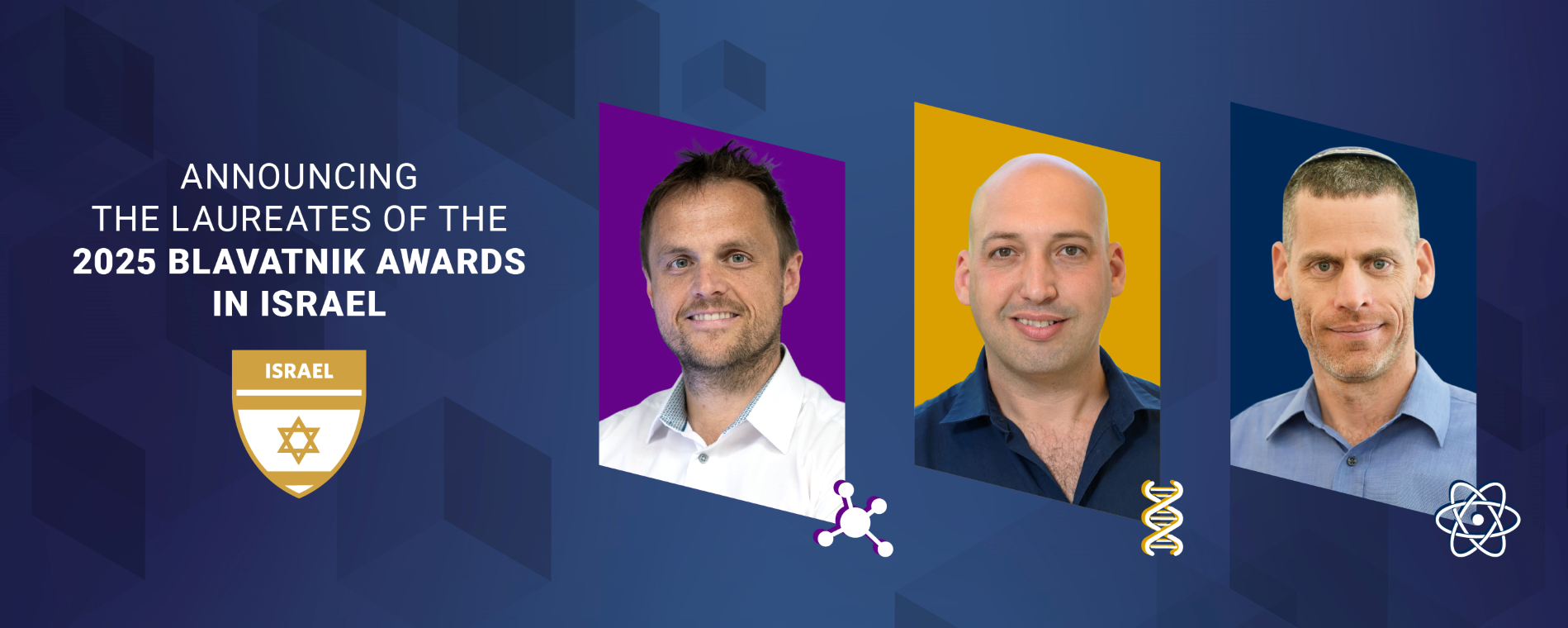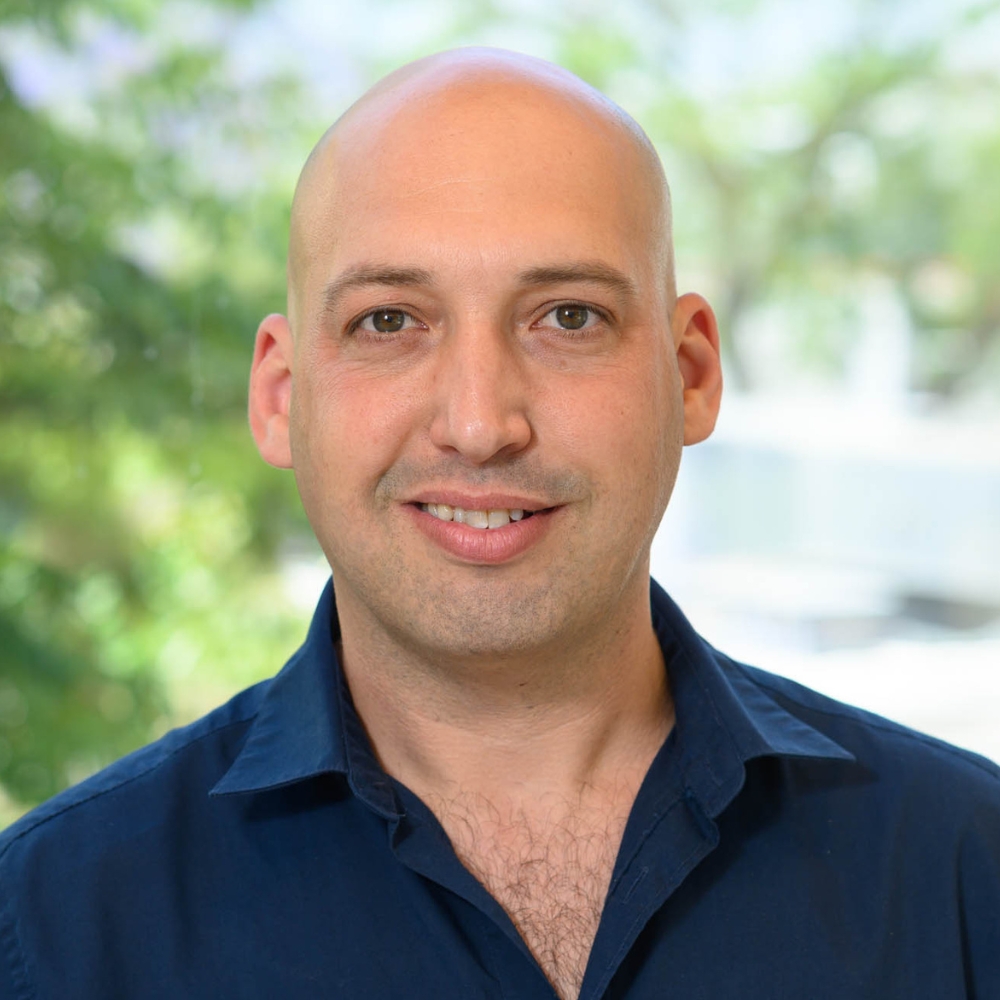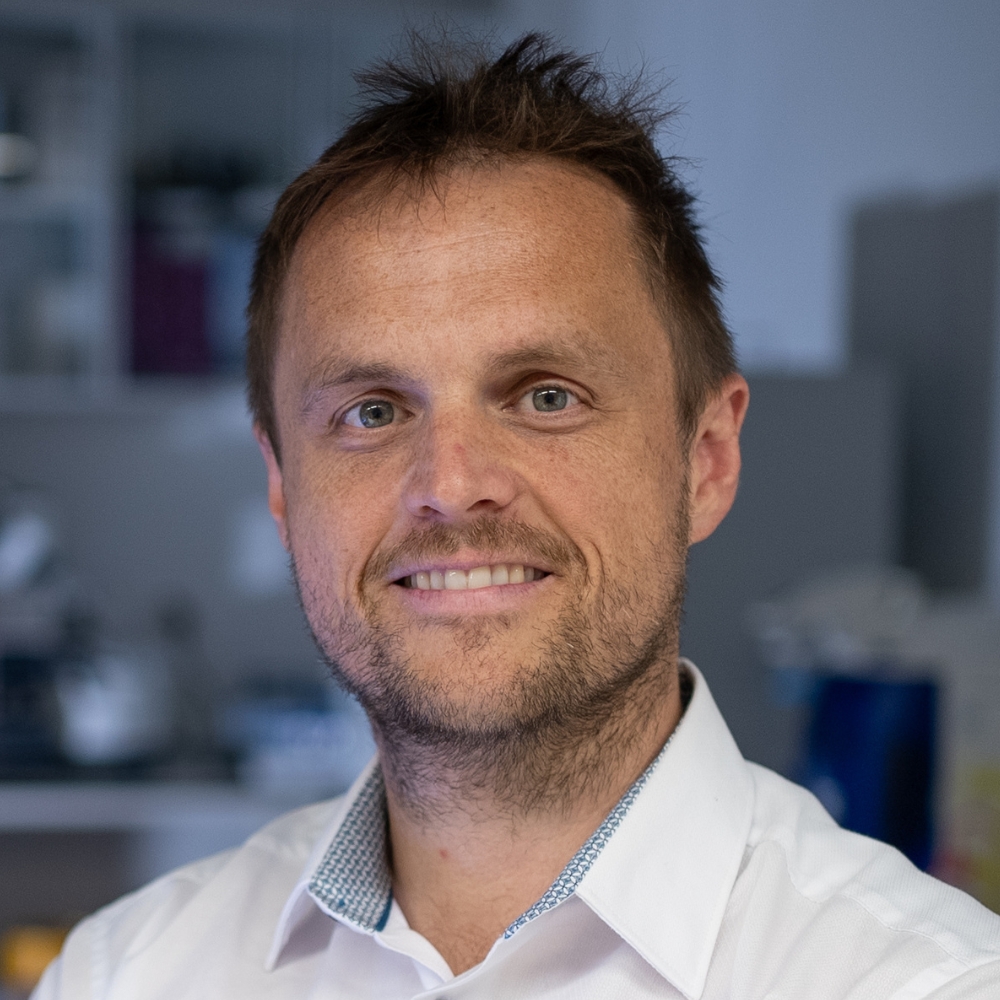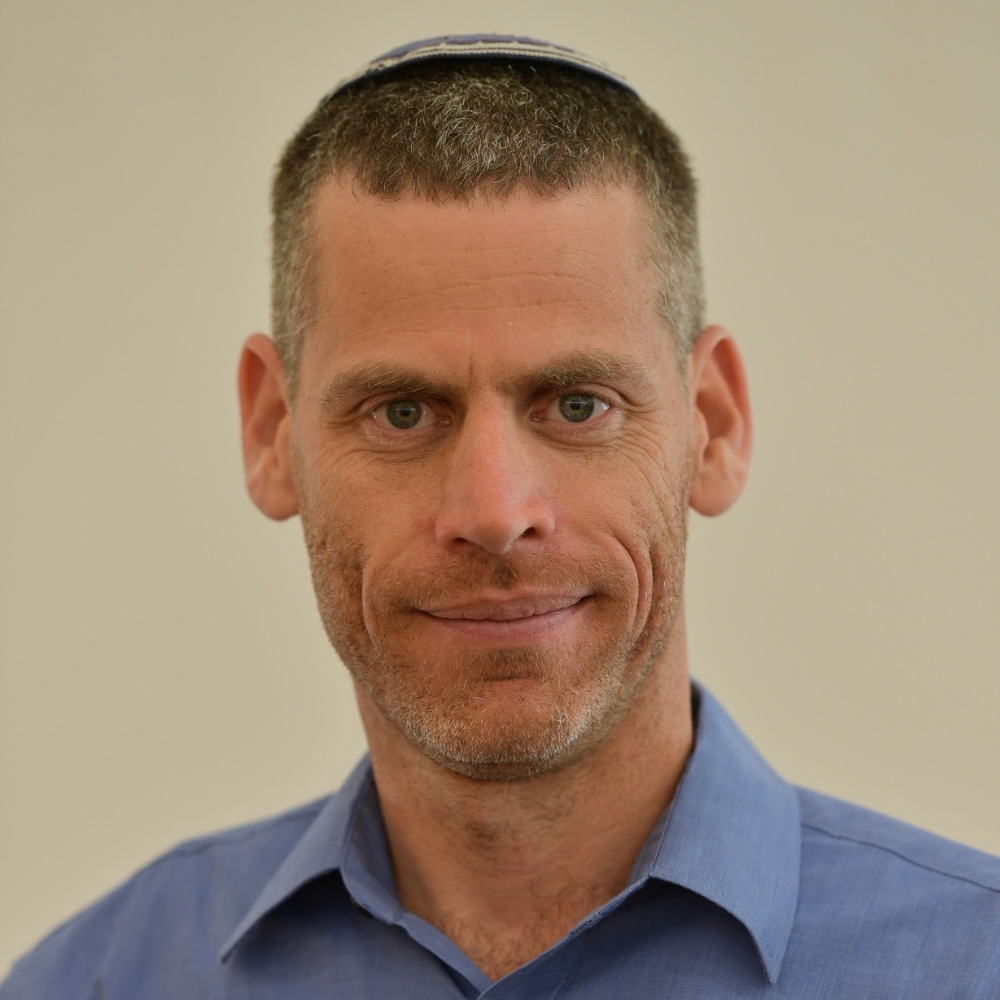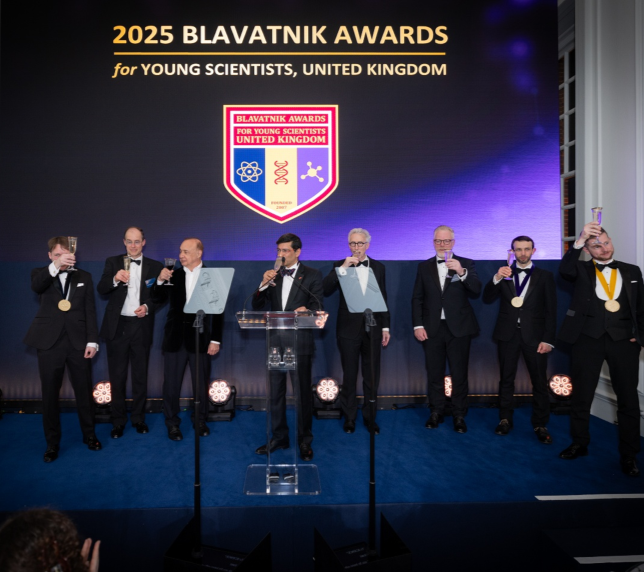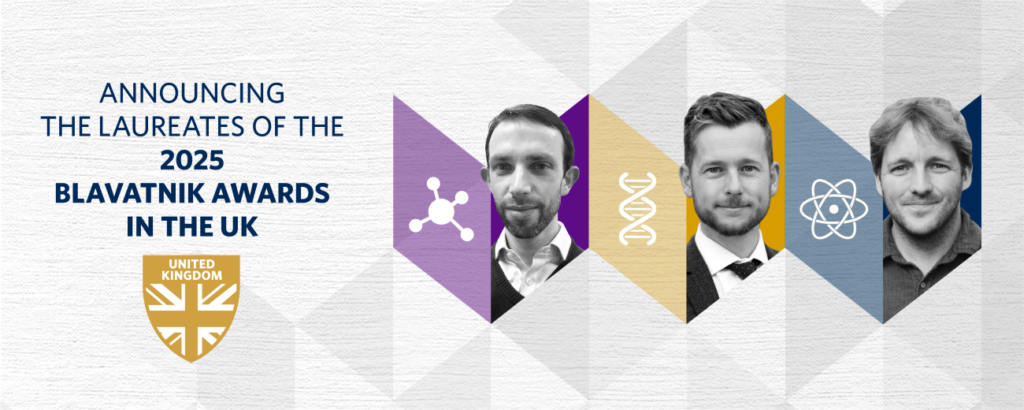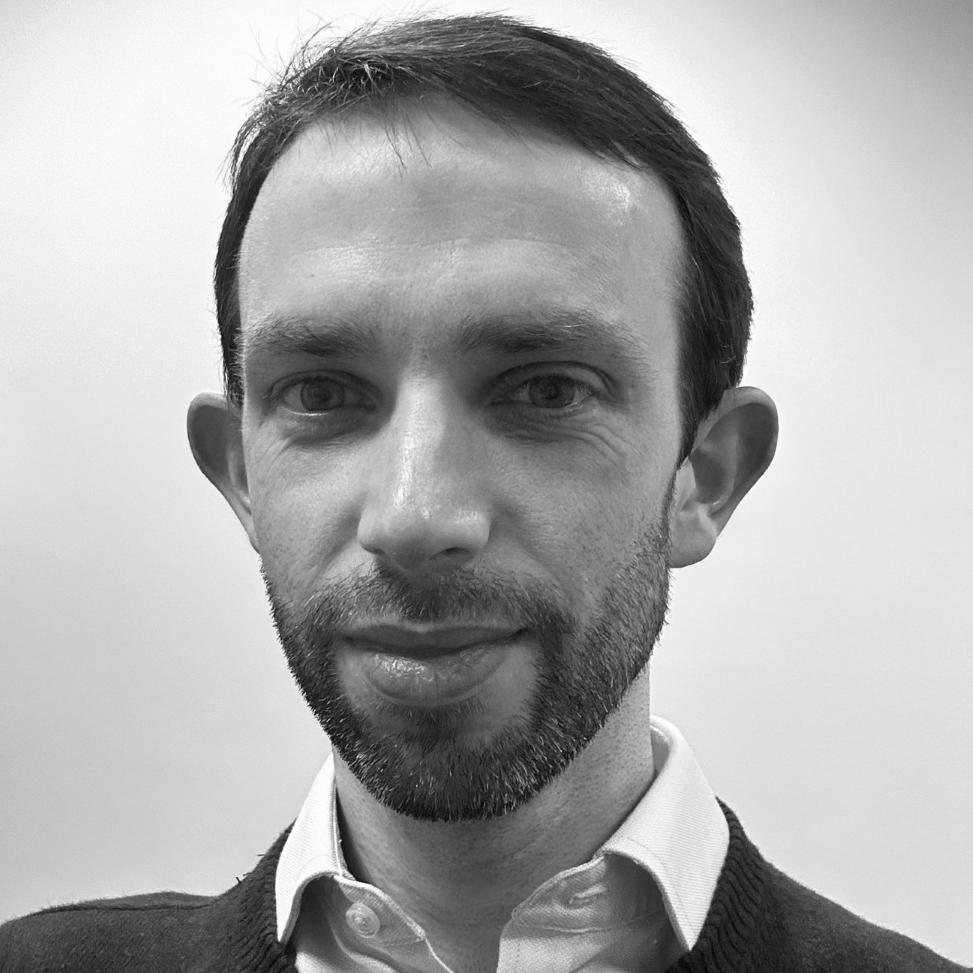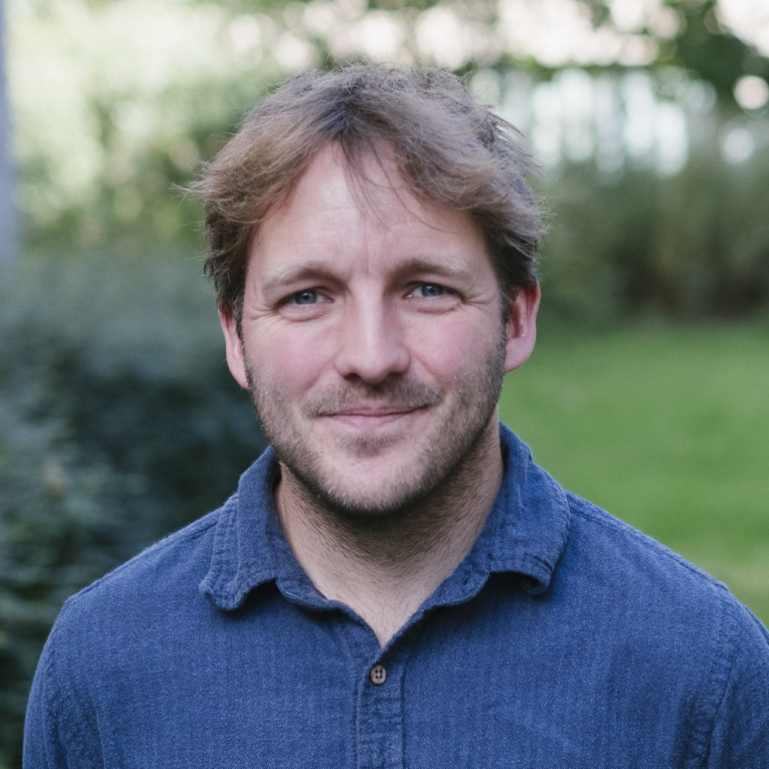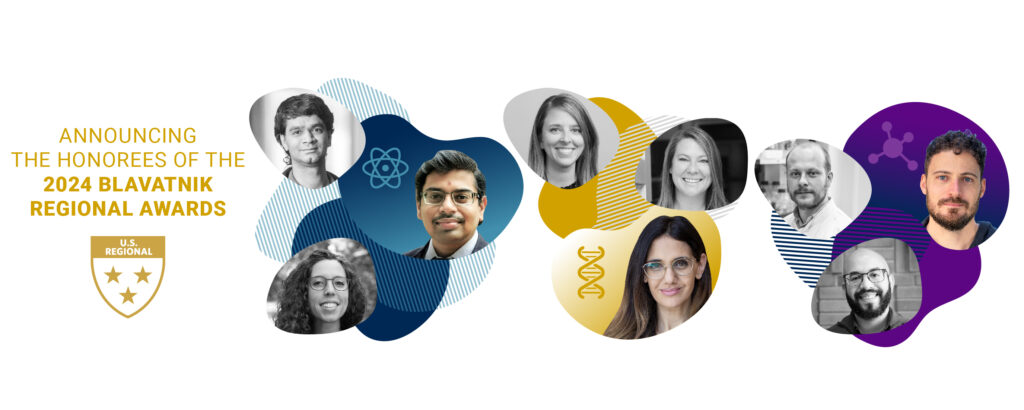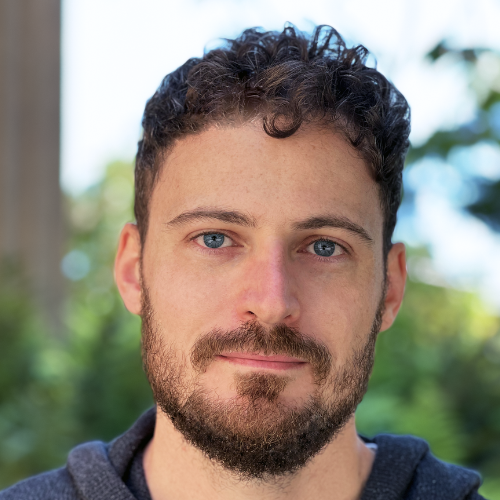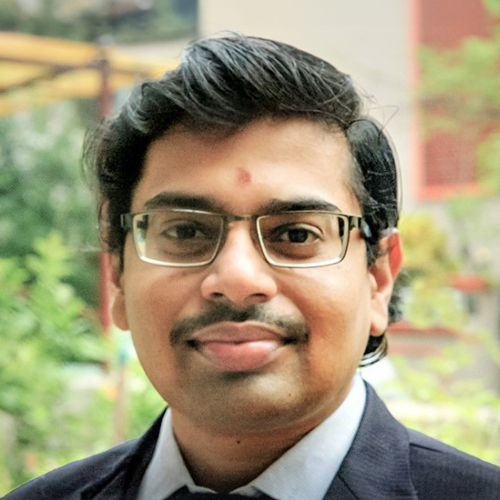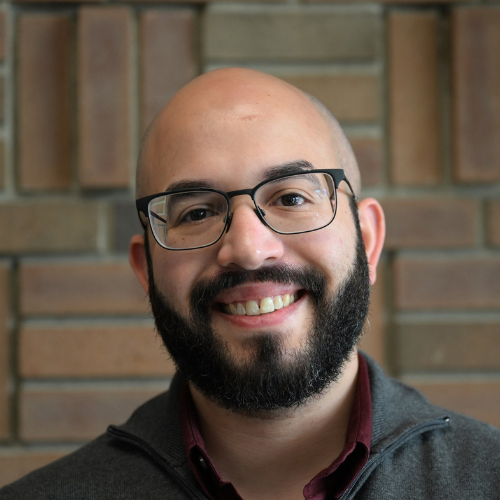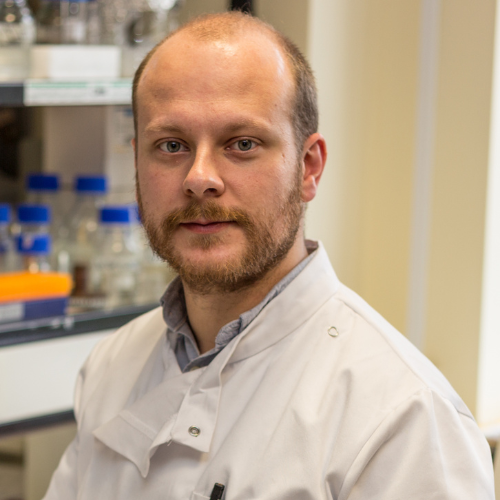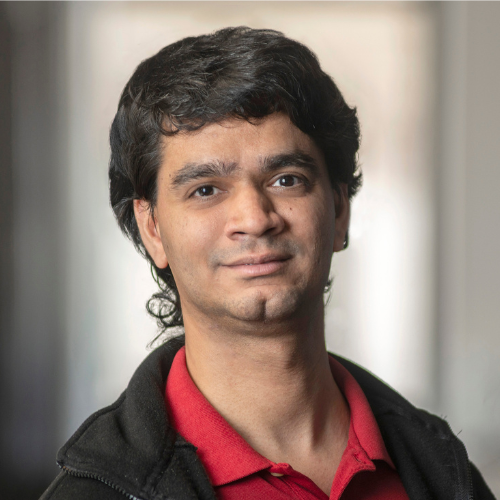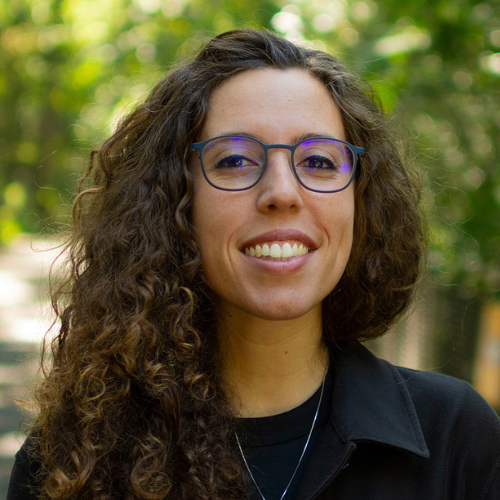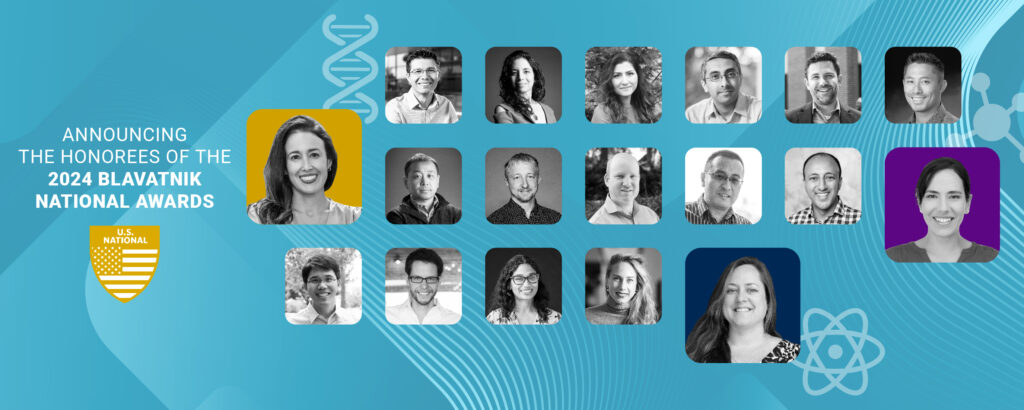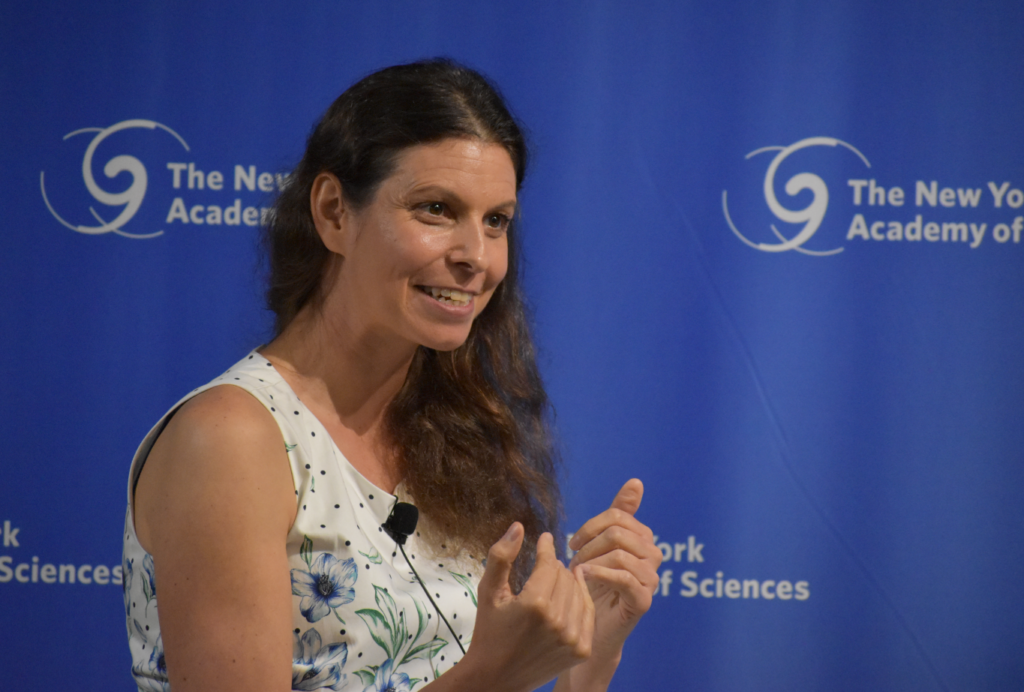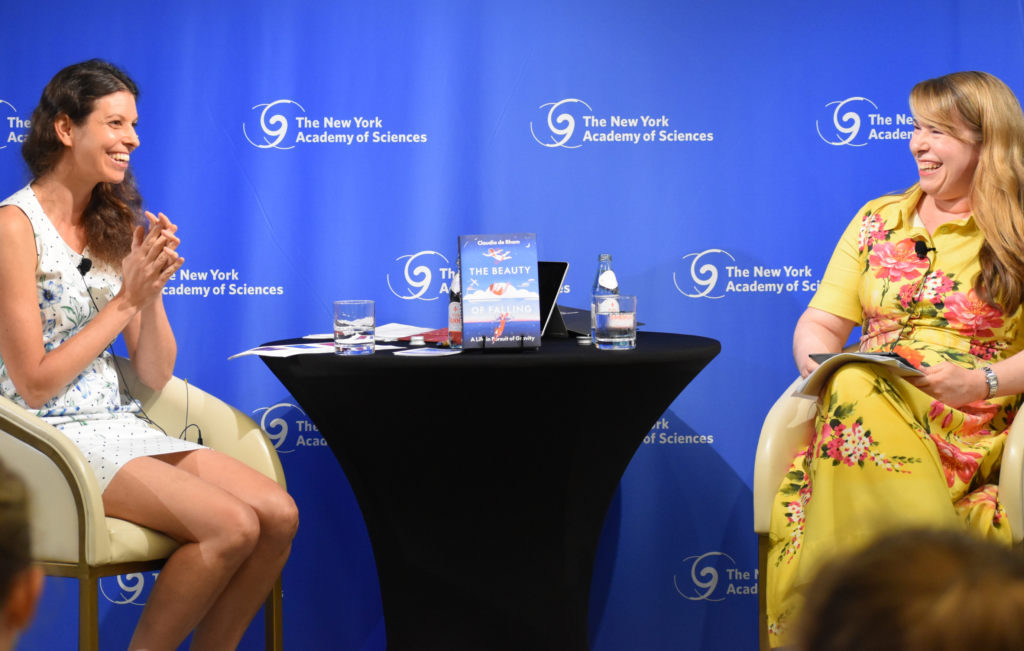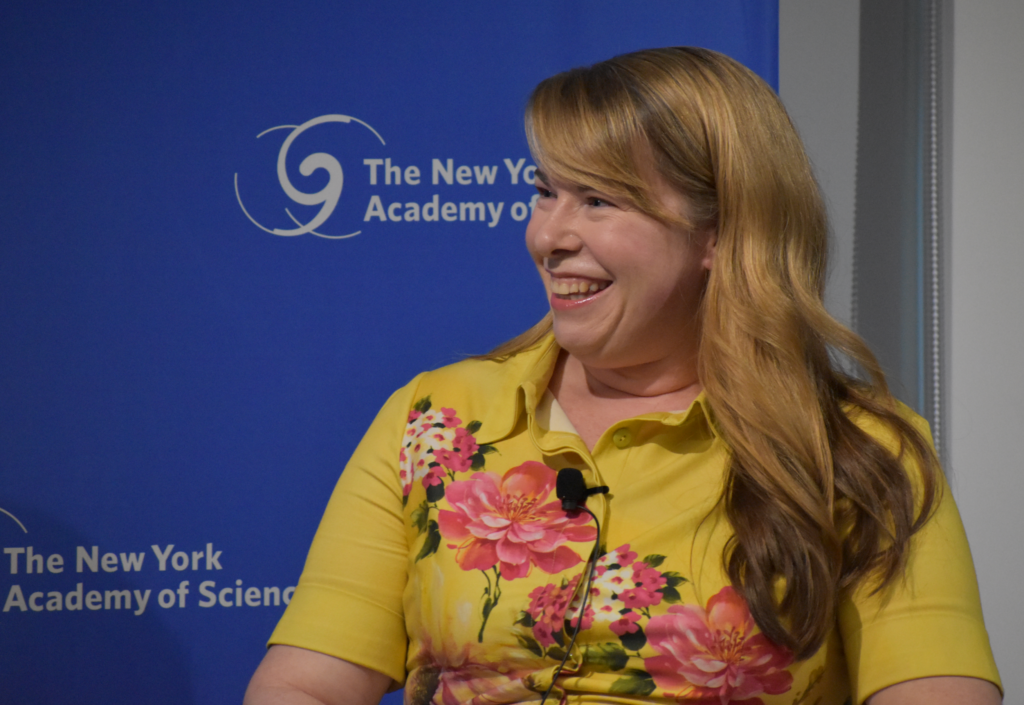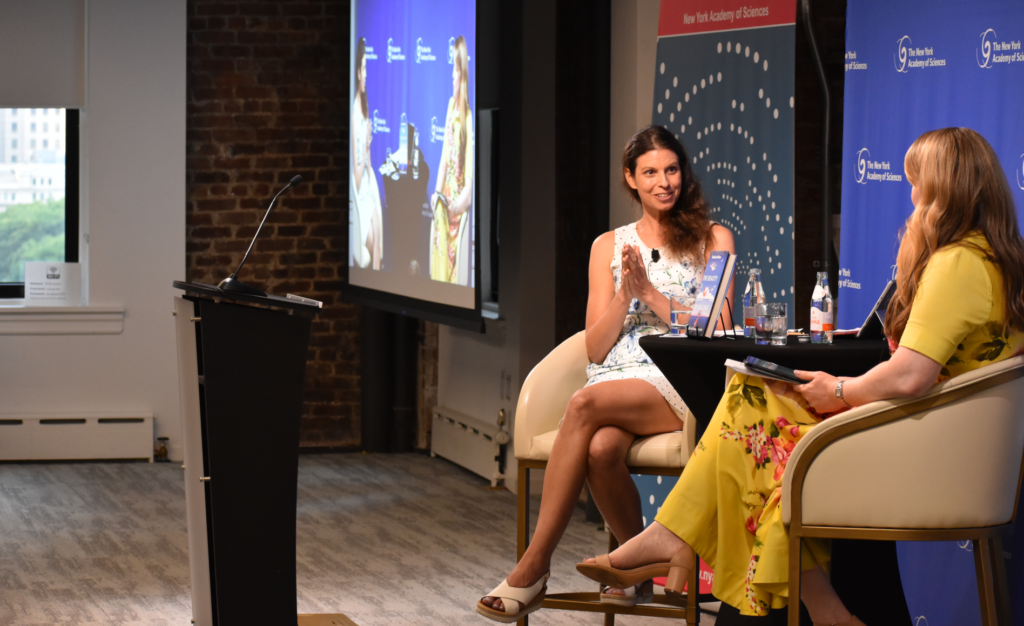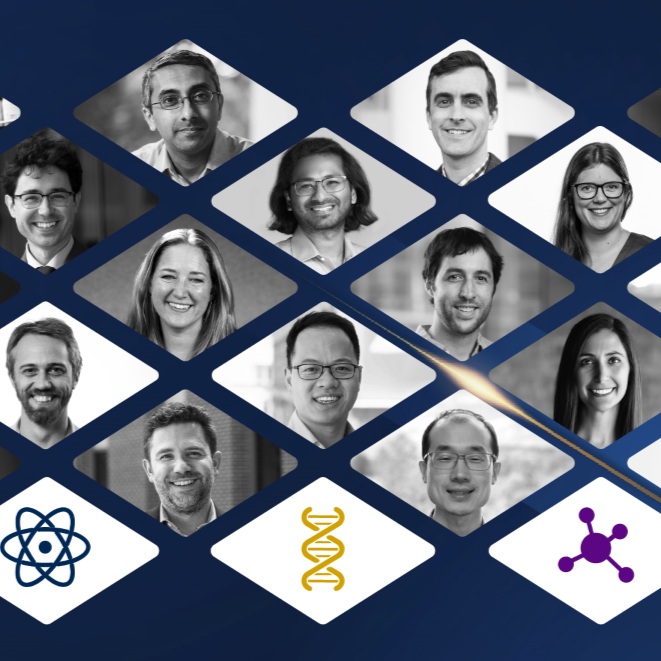
Three will be named Laureates and receive a $250,000 prize at a Gala Ceremony in New York City on October 7, 2025.
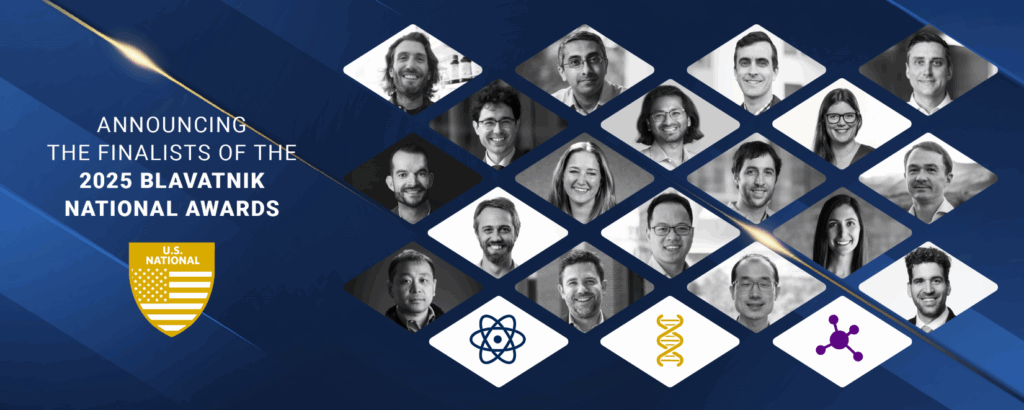
September 9, 2025 – New York – The Blavatnik Family Foundation and The New York Academy of Sciences today announced the Finalists for the 2025 Blavatnik National Awards for Young Scientists. The Awards recognize scientific advances made by researchers in the United States across the following disciplines: Life Sciences, Chemical Sciences, and Physical Sciences & Engineering.
Subra Suresh, ScD, Former Director of the National Science Foundation and current President of the Global Learning Council in Switzerland, will announce the three 2025 Laureates at an October 7th awards ceremony at the American Museum of Natural History.
Each Laureate will receive an unrestricted award of $250,000, the world’s largest unrestricted science prize, available for early-career scientists in the U.S. The remaining 15 Finalists will each receive $15,000.
An independent jury of expert scientists selected this year’s Finalists from a pool of 310 nominees representing 161 academic and research institutions across 42 U.S. states. The 2025 Finalists are:
LIFE SCIENCES
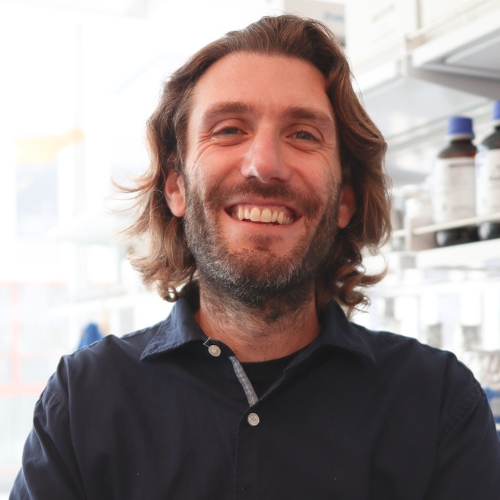
Daniele Canzio, PhD, University of California, San Francisco (Neuroscience) – Recognized for uncovering how 3D genome folding generates unique identities for neurons, revealing new principles of brain wiring, and advancing our understanding of neurodevelopmental disorders.
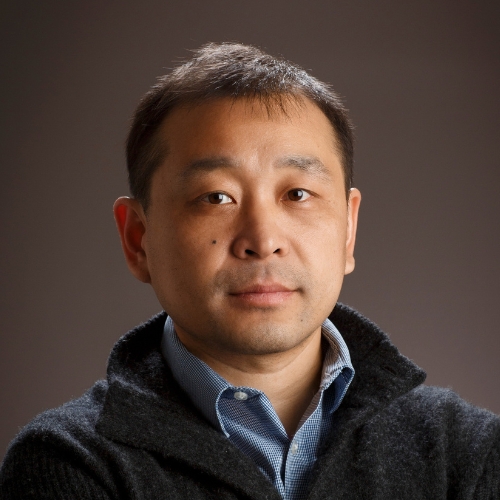
Kaiyu Guan, University of Illinois Urbana-Champaign (Agriculture & Animal Sciences) – Recognized for developing breakthrough technologies of remote sensing, modeling, and AI to drive sustainable farming, shape national policies, and power industry decarbonization in agriculture.
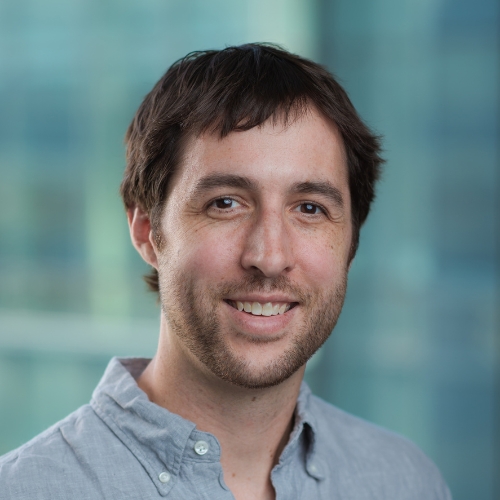
Philip J. Kranzusch, PhD, Dana-Farber Cancer Institute; Harvard Medical School (Microbiology) – Recognized for discovering that human innate immunity evolved from ancient pathways in bacteria, explaining the molecular basis for how human cells defend against infections and cancer.
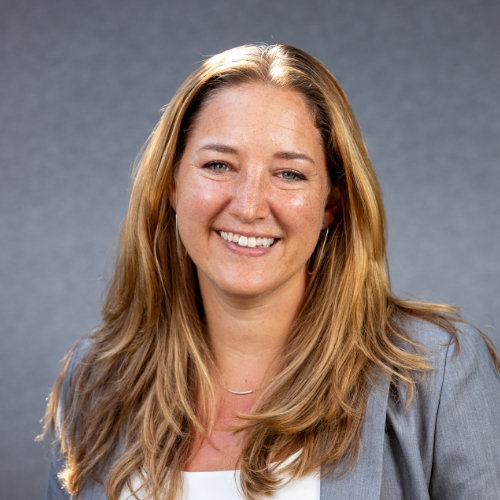
Elizabeth Nance, PhD, University of Washington (Biomedical Engineering & Biotechnology) – Recognized for engineering nanoparticles for brain delivery, pioneering living brain tissue models, and defining design principles to develop targeted, safe therapies for newborn and pediatric brain injury.
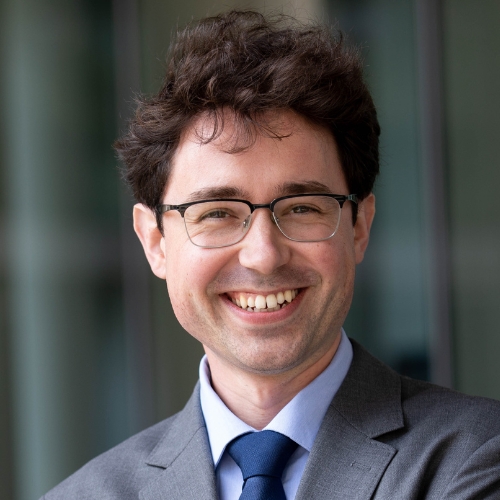
Tomasz Nowakowski, PhD, University of California, San Francisco (Neuroscience) – Recognized for mapping how human brain cells grow and specialize during development, offering critical insights into early brain formation and the origins of neurological disease.
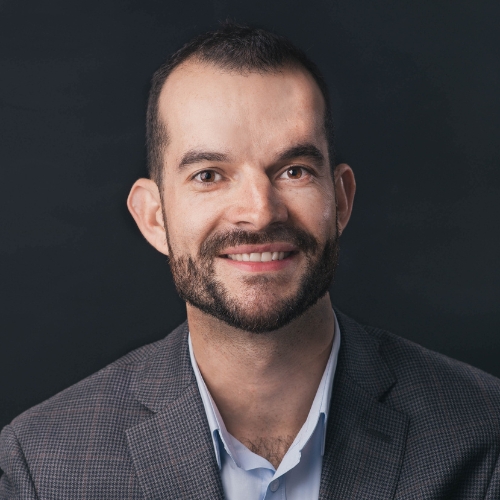
Samuel H. Sternberg, PhD, Columbia University/Howard Hughes Medical Institute (Molecular & Cellular Biology) – Recognized for discovering programmable, RNA-guided enzymes from mobile genetic elements and pioneering their use in genome editing, gene regulation, and synthetic biology across diverse organisms.
CHEMICAL SCIENCES

Song Lin, PhD, Cornell University (Organic Chemistry) – Recognized for advancing electrochemical techniques that enable efficient, sustainable synthesis of complex organic molecules, accelerating drug development, and materials innovation.
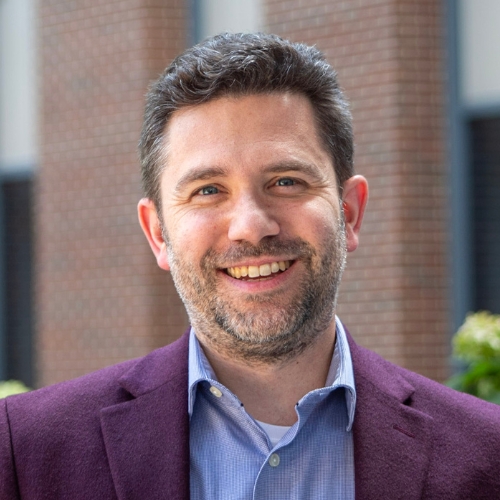
Joseph Cotruvo, Jr., PhD, The Pennsylvania State University (Biochemistry & Structural Biology) – Recognized for discovering and engineering proteins that selectively extract rare earth elements, enabling sustainable recycling and purification of metals critical to technology supply chains.
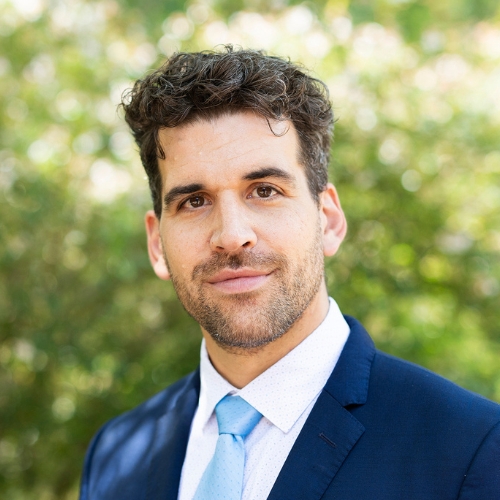
Frank Leibfarth, PhD, The University of North Carolina at Chapel Hill (Polymer Chemistry) – Recognized for pioneering approaches to upcycle plastic waste and remove toxic ‘forever chemicals’ from water by developing reactions and catalysts that selectively control the structure and function of polymers.
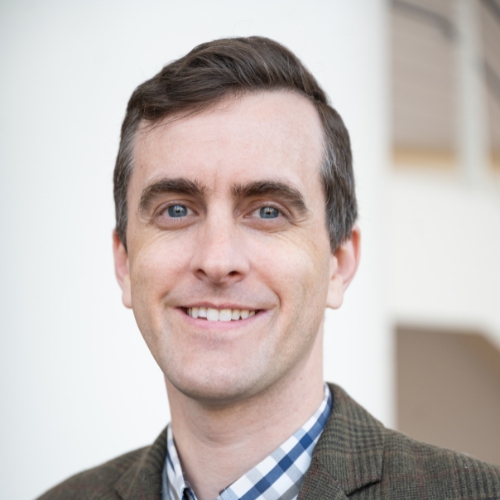
Ryan Lively, PhD, Georgia Institute of Technology (Chemical Engineering) – Recognized for pioneering scalable membrane and separation technologies that will reduce industrial carbon emissions and energy use, transforming carbon capture and chemical purification worldwide.

Leslie M. Schoop, PhD, Princeton University (Inorganic & Solid-State Chemistry) – Recognized for pioneering quantum materials discovery by linking chemical bonding to unique electronic and magnetic behaviors, enabling breakthroughs in energy-efficient electronics, data storage, and quantum technology.

Yogesh Surendranath, PhD, Massachusetts Institute of Technology (Inorganic & Solid-State Chemistry) – Recognized for pioneering molecular-level control of catalyst surfaces and electrostatic environments to revolutionize chemical reactions, enabling sustainable fuel production and significant reductions in carbon emissions.
PHYSICAL SCIENCES & ENGINEERING
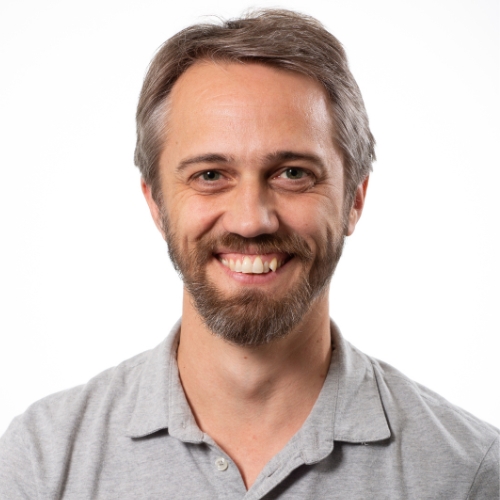
Charlie Conroy, PhD, Harvard University (Astrophysics & Cosmology) – Recognized for advancing our understanding of the history of our galaxy’s formation, providing insight into how the Milky Way’s dark matter distribution is linked to its early history.
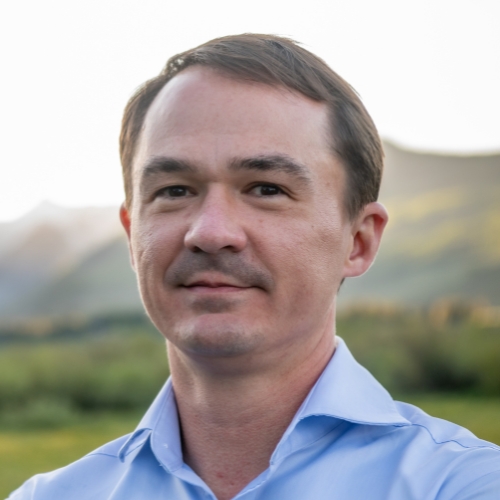
Nathaniel Craig, PhD, University of California, Santa Barbara (Theoretical Physics) – Recognized for deepening our understanding of what gives particles mass, and for paving the way forward for next-generation particle colliders.
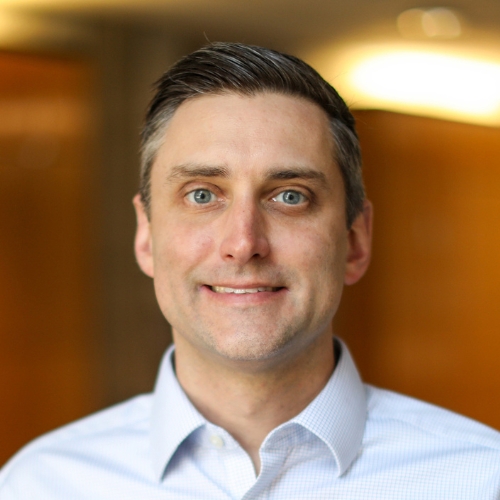
Matthew McDowell, PhD, Georgia Institute of Technology (Materials Science & Nanotechnology) – Recognized for transformative developments in the understanding of solid-state battery internal interfaces, enabling key innovations and addressing challenges in their design.

Prateek Mittal, PhD, Princeton University (Computer Science) – Recognized for pioneering work powering the security and privacy of the internet, generating over 2.5 billion cryptographic certificates and securing more than 350 million websites.

Elaina J. Sutley, PhD, University of Kansas (Civil Engineering) – Recognized for comprehensive, systematic computer modeling and engineering to address disaster mitigation and recovery, informing building codes and disaster readiness policies across the country. This is the first year the Blavatnik Awards Finalists include a researcher from the University of Kansas.
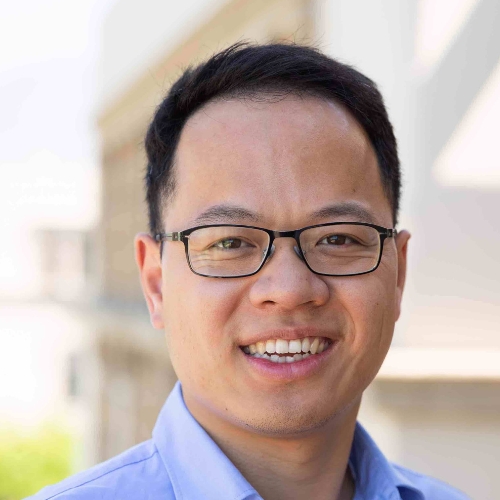
Zhongwen Zhan, PhD, California Institute of Technology (Physical Earth Sciences) – Recognized for revolutionizing observational seismology through a unique utilization of fiber optic cables, enabling studies of tectonic, volcanic, glacial, and oceanic processes at unprecedented resolution.
Internationally recognized by the scientific community, the Blavatnik Awards for Young Scientists have been instrumental in expanding the engagement and recognition of young scientists and providing the support and encouragement needed to drive scientific innovation for the next generation. By the close of 2025, the Blavatnik Awards will have recognized over 500 scientists from 120 international research institutions and awarded prizes totaling nearly $20 million.
“The goal of the Blavatnik Awards is to recognize early-career scientists conducting bold and creative work, support their professional growth and development, and accelerate scientific discovery to improve lives and drive innovation,” said Len Blavatnik, Founder of Access Industries and Head of the Blavatnik Family Foundation.
Nicholas B. Dirks, President and CEO of The New York Academy of Sciences and Chair of the Awards’ Scientific Advisory Council, noted, “Congratulations to these 18 exceptional Finalists. From new tools and technologies for environmental sustainability and climate resiliency to novel therapies to cure disease and insights into the fundamental physics underpinning the world around us, their research is advancing science and protecting our planet.”
Since launching in 2014, scientists honored by the Blavatnik National Awards have received over $9 million in prize money.
Blavatnik scholars are driving economic growth globally by embarking on new scientific trajectories to pursue high-risk, high-reward scientific research. To date, Blavatnik Awards honorees have founded 50 companies after receiving the award, six of which are publicly traded and collectively valued at over $10 billion.
About the Blavatnik Awards for Young Scientists
The Blavatnik Awards for Young Scientists, established by the Blavatnik Family Foundation in 2007 and independently administered by The New York Academy of Sciences, began by identifying outstanding post-doctoral scientists in New York, New Jersey and Connecticut. In 2014, the Blavatnik National Awards were created to recognize faculty-rank scientists throughout the United States. In 2017, the Awards were further expanded to honor faculty-rank scientists in the UK and Israel.
For updates about the Blavatnik Awards for Young Scientists, please visit blavatnikawards.org or follow us on X and Facebook @BlavatnikAwards.
About the Blavatnik Family Foundation
The Blavatnik Family Foundation provides many of the world’s best researchers, scientists and future leaders with the support and funding needed to solve humankind’s greatest challenges. Led by Len Blavatnik, founder of Access Industries, the Foundation advances and promotes innovation, discovery and creativity to benefit the whole of society. Over the past decade, the Foundation has contributed over US$1.3 billion to more than 250 organizations. See more at blavatnikfoundation.org.
